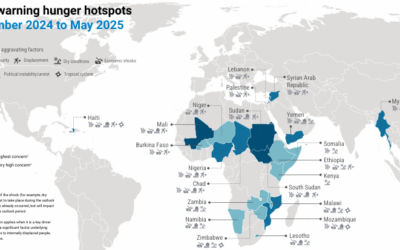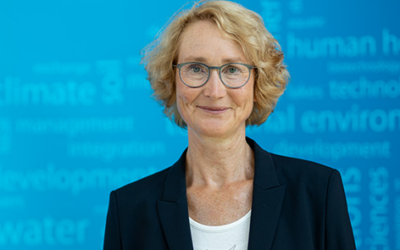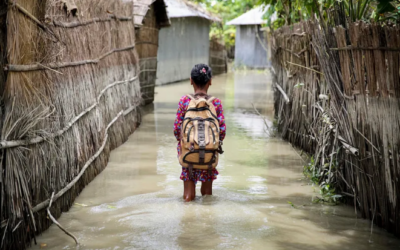The DKKV is…
German Committee for Disaster Reduction e.V. (ger.: Deutsches Komitee Katastrophenvorsorge e.V.)
Newsblog
UN report gives insight in hunger hotspots
The Organisations United Nations (UN) and the World Food Programm (WFP) warn that acute food insecurity will worsen across 16 hunger hotspots in 8 countries. At the highest concern level remain Sudan, Palestine, South Sudan, Haiti and Mali. The new UN report...
Prof Katrin Böhning-Gaese – New managing director of UFZ
Katrin Böhning-Gaese has recently been appointed Scientific Director of the Helmholtz Centre for Environmental Research (UFZ). Her plans include strengthening the interfaces between the UFZ and society, improving communication with politicians and establishing new...
Dynamic Motion Simulation Centre from DLR
The Dynamic Motion Simulation Center (DMSC) was opened at the DLR site in Oberpfaffenhofen on 6 November 2024. This new research platform supports a wide range of applications such as pilot training, the development of mixed reality technologies and human factors...
The COP is taking place again – is it useful?
The UN has been organising the COP since 1995, this year in Baku, Azerbaijan. The motto of this year's COP is ‘In Solidarity for a Green World’. However, the fact that the COP has been taking place for over 25 years and still has to have similar mottos is strongly...
Follow us

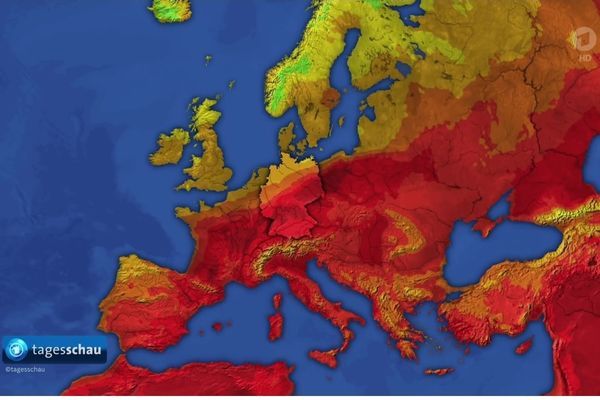
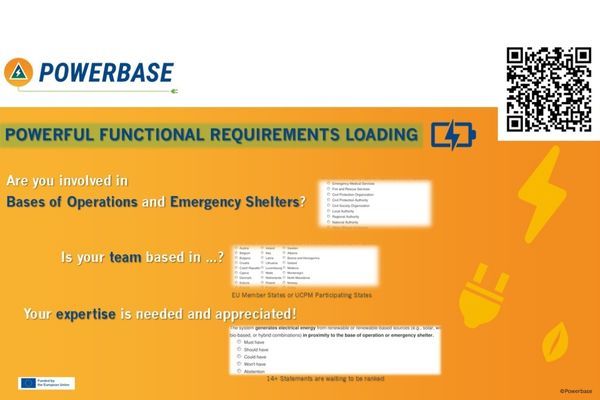
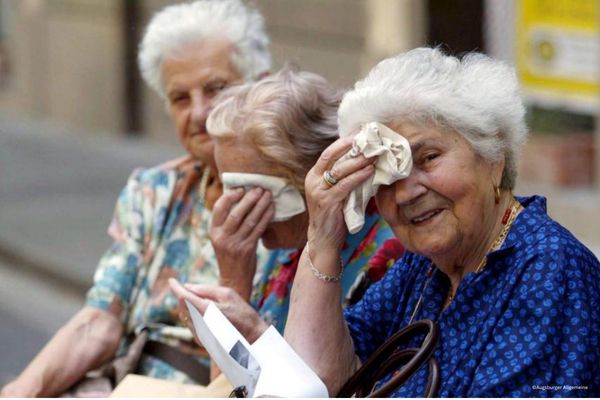
What is disaster risk reduction?
Storms, natural hazards and extreme events can quickly become a danger to people and the environment. But climate change, extreme urbanization, power outages and fires also offer potential hazards.
A disaster occurs when the functioning of a community or society is impaired or interrupted and, as a result, high human, material, economic and ecological losses occur that cannot be managed alone.
Precautionary measures can help to reduce the consequences and impact of the disaster. Depending on the hazard and personal circumstances, the precautionary measures to be taken may vary.
Find out more about potential hazards and individual precautionary measures on our topic pages.


